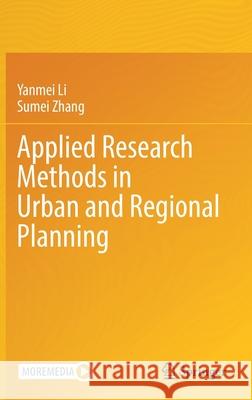Applied Research Methods in Urban and Regional Planning » książka
topmenu
Applied Research Methods in Urban and Regional Planning
ISBN-13: 9783030935733 / Angielski / Twarda / 2022 / 378 str.
Applied Research Methods in Urban and Regional Planning
ISBN-13: 9783030935733 / Angielski / Twarda / 2022 / 378 str.
cena 483,04
(netto: 460,04 VAT: 5%)
Najniższa cena z 30 dni: 385,52
(netto: 460,04 VAT: 5%)
Najniższa cena z 30 dni: 385,52
Termin realizacji zamówienia:
ok. 16-18 dni roboczych.
ok. 16-18 dni roboczych.
Darmowa dostawa!
Kategorie:
Kategorie BISAC:
Wydawca:
Springer
Język:
Angielski
ISBN-13:
9783030935733
Rok wydania:
2022
Ilość stron:
378
Waga:
0.70 kg
Wymiary:
23.39 x 15.6 x 2.24
Oprawa:
Twarda
Wolumenów:
01
Dodatkowe informacje:
Wydanie ilustrowane











